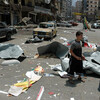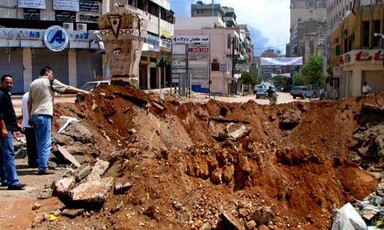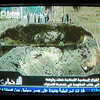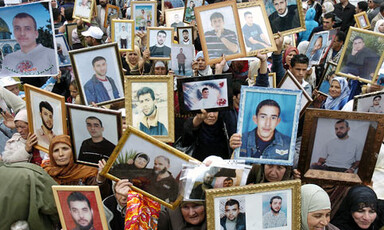
Our last battle
Koura 16 July 2006
It feels quite different here than in my home town of El Mreijat, “Bawabet el Beqaa” (The Door to El Beqaa). We heard the bombs quite powerfully there. And several times, we felt them. At the sound of the first bomb that hit quite close to our home (a few kilometers away), my cousin’s youngest son, in mere seconds, went from his strong boyish bravado-demeanor to that of a frightened little boy. He threw his ice cream cone away, and got strong stomach pains. At the sounds of the next bomb, he ran and hid under a table. I wondered how the children in the south and in the southern district of Beirut and in Ba’albeck and in Gaza were withstanding the constant noise and terror. Read more about Our last battle








